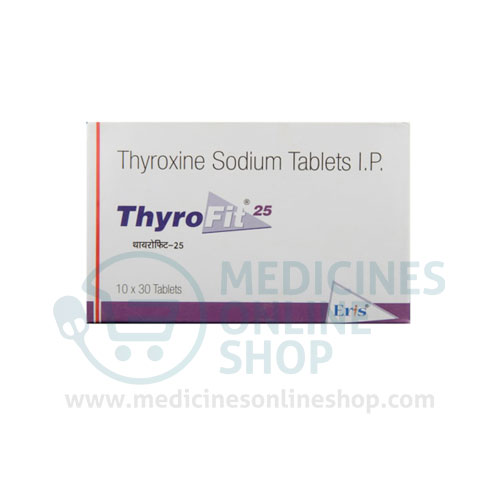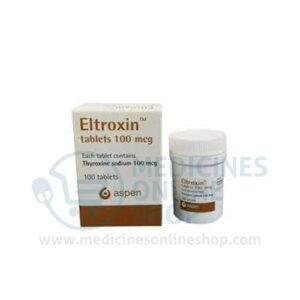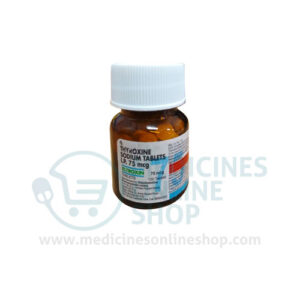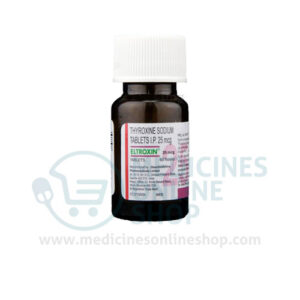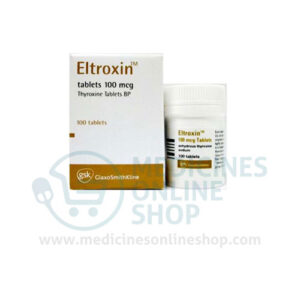What is this drug used for?
• It is used to add thyroid hormone to the body.
• It is used to manage thyroid cancer.
• It may be given to you for other reasons. Talk with the doctor.
Frequently reported side effects of this drug
• Hair loss
Other side effects of this drug: Talk with your doctor right away if you have any of these signs of:
• Chest pain
• Fast heartbeat
• Abnormal heartbeat
• Headache
• Dizziness
• Passing out
• Vision changes
• Shortness of breath
• Loss of strength and energy
• Lack of appetite
• Increased appetite
• Excessive weight gain or loss
• Swelling of arms or legs
• Diarrhea
• Abdominal cramps
• Vomiting
• Irritability
• Anxiety
• Emotional instability
• Tremors
• Trouble sleeping
• Temperature sensitivity
• Sweating a lot
• Muscle cramps
• Muscle weakness
• Flushing
• Bone pain
• Menstrual irregularities
• Signs of a significant reaction like wheezing; chest tightness; fever; itching; bad cough; blue skin color; seizures; or swelling of face, lips, tongue, or throat.
Note: This is not a comprehensive list of all side effects. Talk to your doctor if you have questions.
Pronunciation
(lee voe thye ROKS een)
Medication Safety Issues
Sound-alike/look-alike issues:
Levoxyl may be confused with Lanoxin, Levaquin, Luvox
Synthroid may be confused with Symmetrel
Administration issues:
Significant differences exist between oral and IV dosing. Use caution when converting from one route of administration to another.
Other safety concerns:
To avoid errors due to misinterpretation of a decimal point, always express dosage in mcg (not mg).
Generic Availability: US
May be product dependent
Storage and Stability
Capsules and tablets: Store at 25°C (77°F); excursions are permitted between 15°C and 30°C (59°F and 86°F). Protect from heat, light, and moisture.
Oral solution (Tirosint): Store in original container (closed aluminum pouch) at 25°C (77°F); excursions are permitted between 15°C and 30°C (59°F and 86°F). Keep ampules in pouch until ready to use; after opening the pouch, all ampules in the pouch should be used within 15 days.
Injection: Store at 20°C to 25°C (68°F to 77°F). Protect from light.
Additional stability data:
Stability in polypropylene syringes (100 mcg/mL in NS) at 5°C ± 1°C is 7 days (Gupta 2000).
Stability in latex-free, PVC minibags protected from light and stored at 15°C to 30°C (59°F to 86°F) was 12 hours for a 2 mcg/mL concentration or 18 hours for a 0.4 mcg/mL concentration in NS. May be exposed to light; however, stability time is significantly reduced, especially for the 2 mcg/mL concentration (Strong 2010).
Adverse Reactions
Adverse reactions are primarily those of hyperthyroidism due to therapeutic overdosage.
Cardiovascular: Angina pectoris, cardiac arrhythmia, cardiac failure, flushing, increased blood pressure, increased pulse, myocardial infarction, palpitations, tachycardia
Central nervous system: Anxiety, emotional lability, fatigue, headache, heat intolerance, hyperactivity, insomnia, irritability, myasthenia, nervousness, pseudotumor cerebri (children)
Dermatologic: Alopecia, diaphoresis, skin rash
Endocrine & metabolic: Goiter (exophthalmic; IV), menstrual disease, weight loss
Gastrointestinal: Abdominal cramps, diarrhea, increased appetite, vomiting
Genitourinary: Reduced fertility
Hepatic: Increased liver enzymes
Neuromuscular & skeletal: Decreased bone mineral density, muscle spasm, slipped capital femoral epiphysis (children), tremor
Respiratory: Dyspnea
Miscellaneous: Fever
Rare but important or life-threatening: Dysgeusia (Syed 2016), seizure
